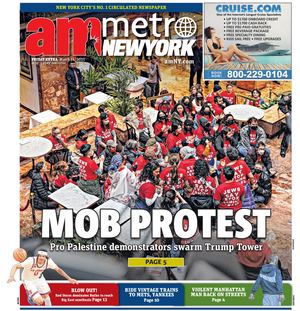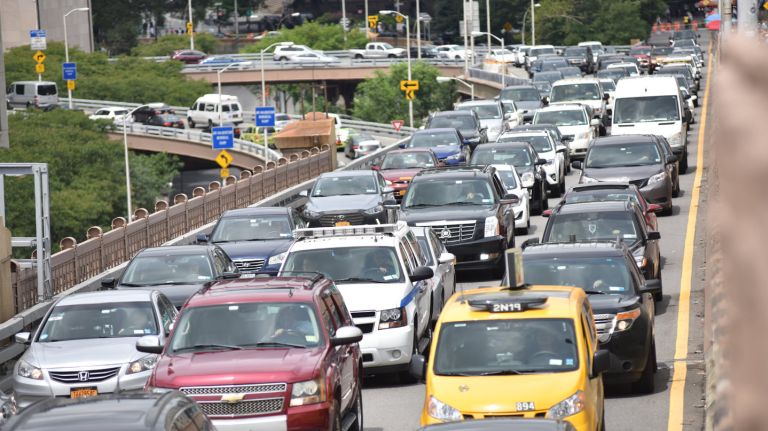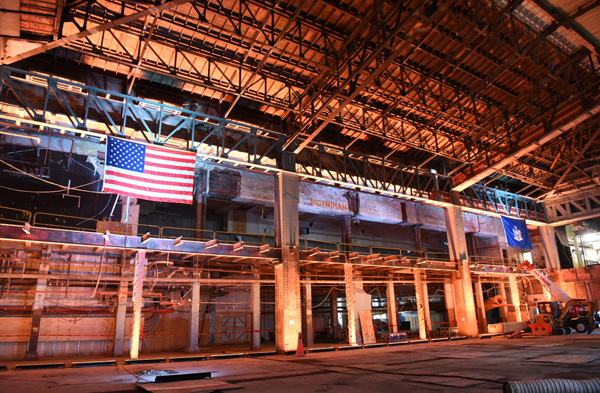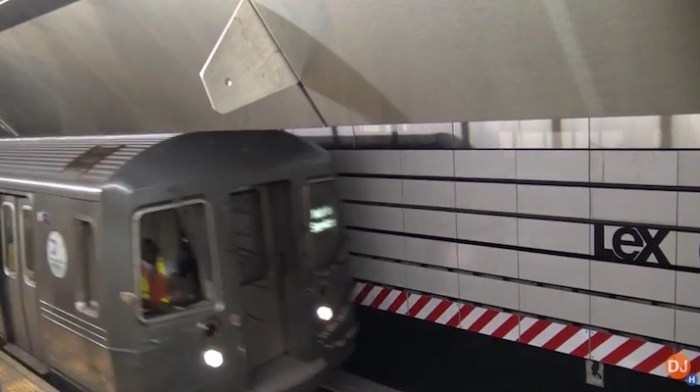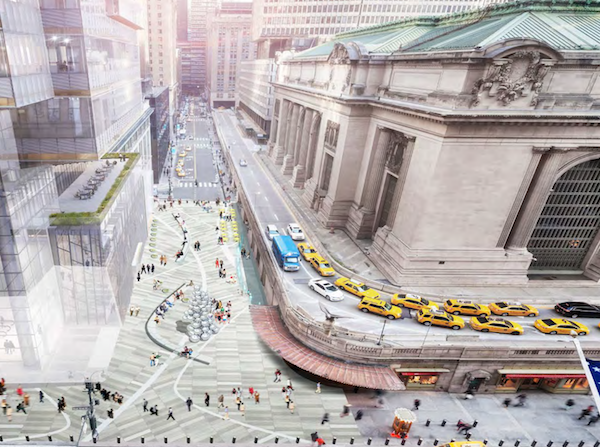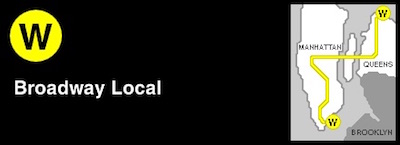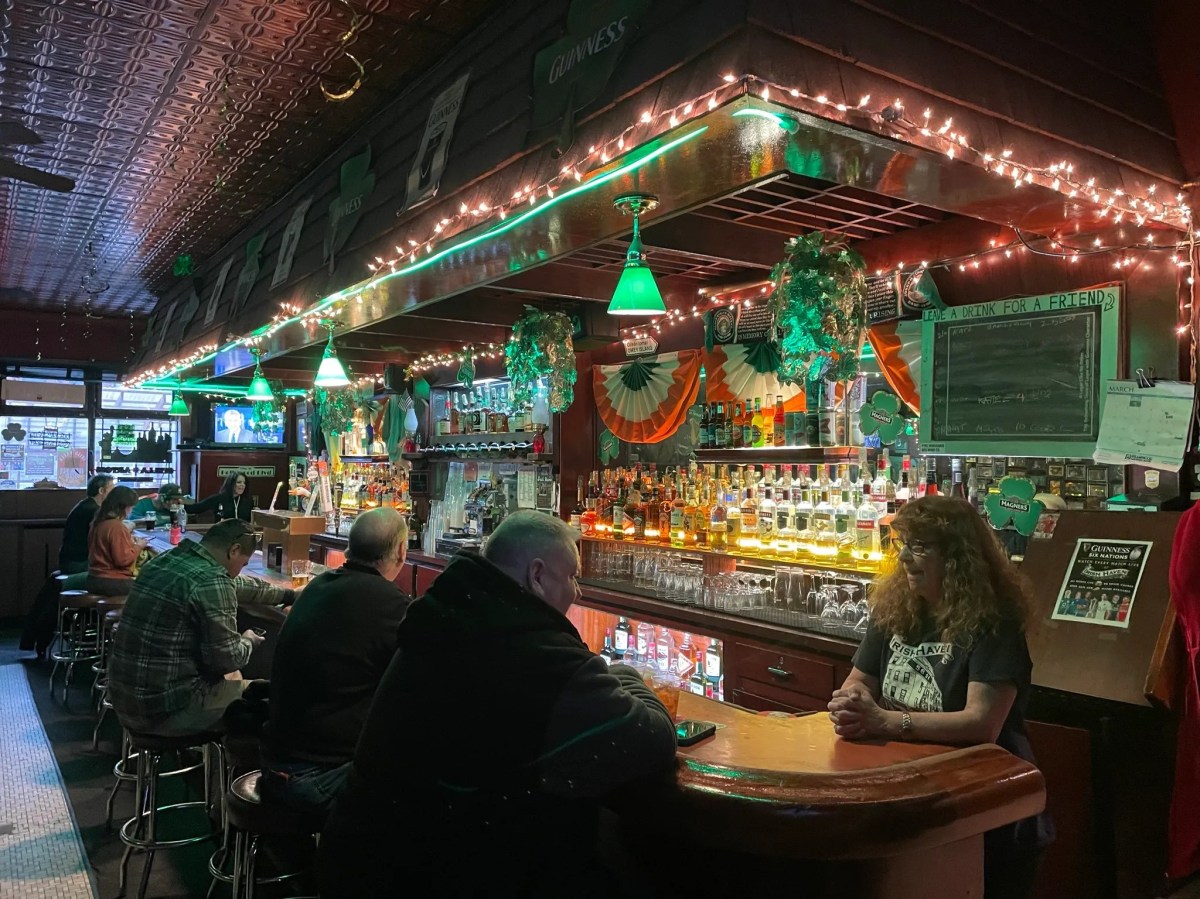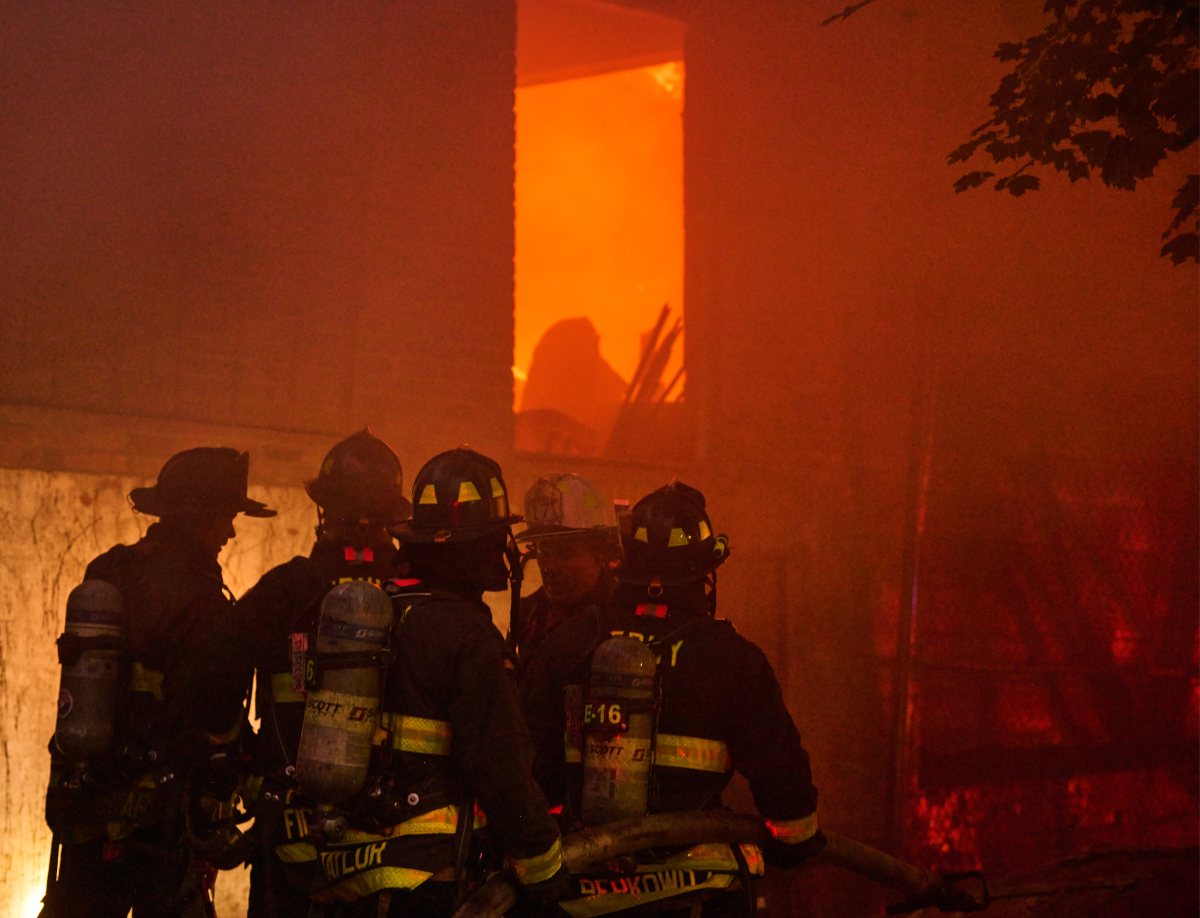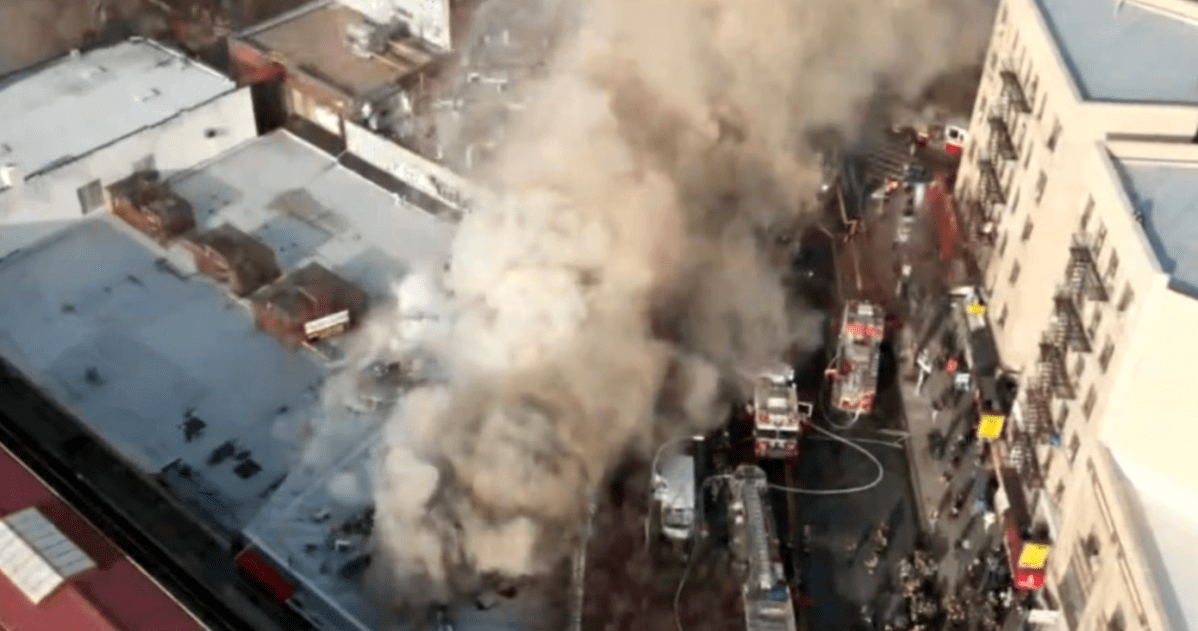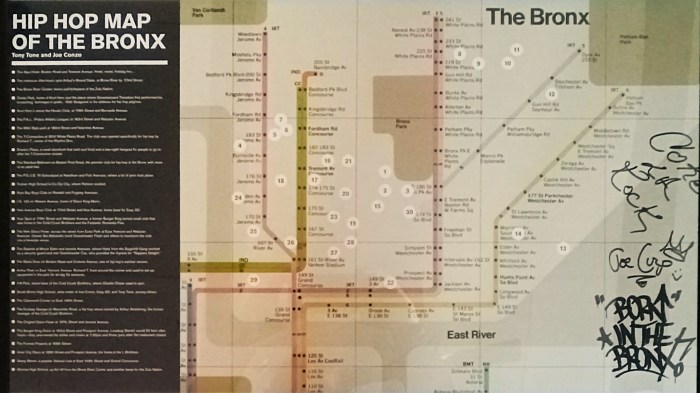The state’s long-delayed congestion pricing plan inched forward Wednesday, when the Metropolitan Transportation Authority announced most members of a panel that will come up with the tolls and discounts.
The MTA will also release its environmental assessment of the scheme to charge drivers entering Manhattan south of 60th Street to fund transit upgrades, officially dubbed the Central Business District Tolling Program, on or about Aug. 10, after months of back and forth with the federal government.
“Congestion pricing is on the move,” MTA Chairperson and CEO Janno Lieber said during the agency’s monthly board meeting on July 27.
“I leveled with the board and with the public when we hit roadblocks in Washington. We didn’t hide that, we told folks what was going on,” the transit chief added. “But now with Governor Hochul’s support we have overcome almost all of those obstacles.”
The Federal Highway Administration hit the MTA with more than 400 questions and comments and New York transit planners had to model traffic all the way to the suburbs of Philadelphia as part of the planning.
Governor Kathy Hochul — who controls the MTA — picked five of the six members of the so-called Traffic Mobility Review Board, predominantly representatives for the city’s real estate and business interests.
Mayor Eric Adams still gets to pick one representative for the board.
The panel will be tasked with devising how much drivers will have to pay to enter the congestion pricing zone along with any credits, discounts or exemptions.
The TMRB will be chaired by Carl Weisbrod, a former city planning and economic development chief who now works as a senior advisor with the consultant firm HR&A Advisors.
The other four appointees on the board are the former Real Estate Board of New York President John Banks; Scott Rechler, Regional Plan Association chief and the head of developer RXR Realty; Elizabeth Velez, a current MTA board member and the former chairperson of the New York Building Congress; and Kathryn Wylde, who leads the Partnership for New York City, which advocates on behalf of the city’s business community.
MTA Chairperson and CEO Janno Lieber noted Wednesday that three of the governor’s picks are current or former MTA board members: Velez, Weisbrod, and Rechler.
Former Mayor Bill de Blasio appointed then-Department of Finance Commissioner Sherif Soliman last year, but Adams put Soliman on the MTA board and it is unclear who hizzoner will pick to take his spot on the congestion pricing committee.
“The administration is working actively to finalize our nominee to the Traffic Mobility Review Board,” said mayoral spokesperson Charles Lutvak in a statement.
“We must get congestion pricing done so we can reduce traffic and invest in the mass traffic we need to be a competitive city. We are encouraged to see the process moving forward, and we’re committed to helping the process continue forward,” Lutvak added.
The MTA expects the feds to give a final approval late this year, and the agency plans to start collecting tolls at the end of 2023 or in early 2024, according to Lieber.
The framework the panel comes up with will have to provide $1 billion in annual revenue so the MTA can bond $15 billion off of that for its five-year, $55 billion capital plan to upgrade the subway’s ancient signaling system, new elevators, and an extension of the Second Avenue Subway, among other projects.
The MTA will hold six public hearings on the assessment looking at the environmental impacts of congestion pricing between Aug. 25–31.
